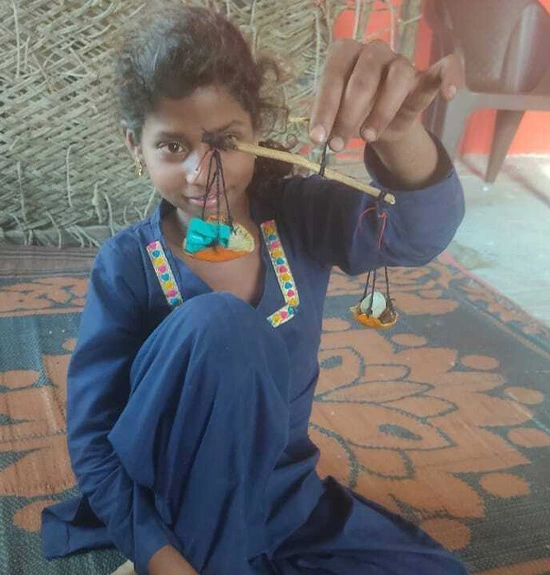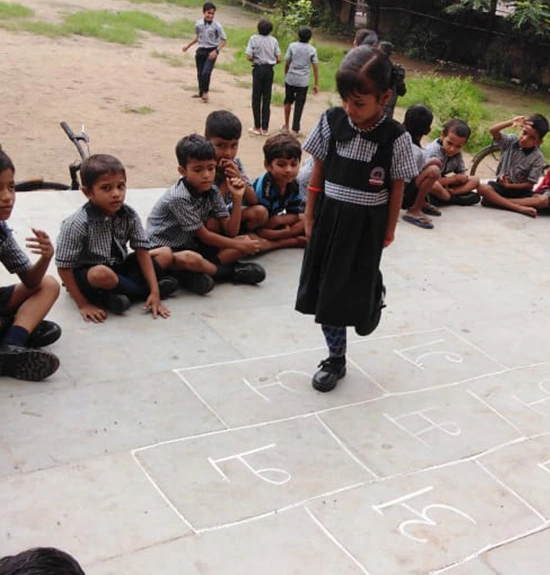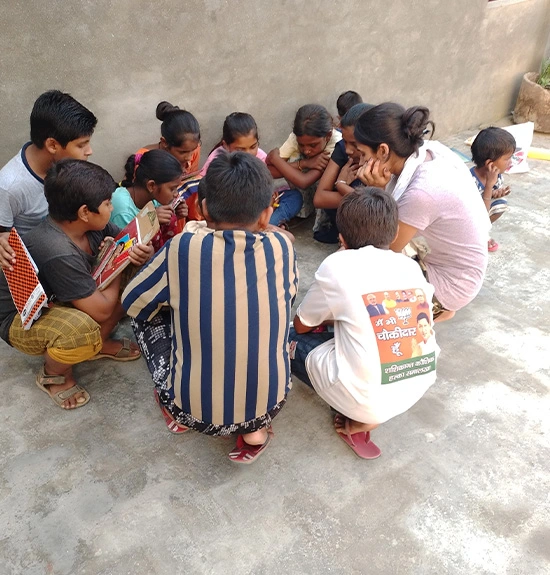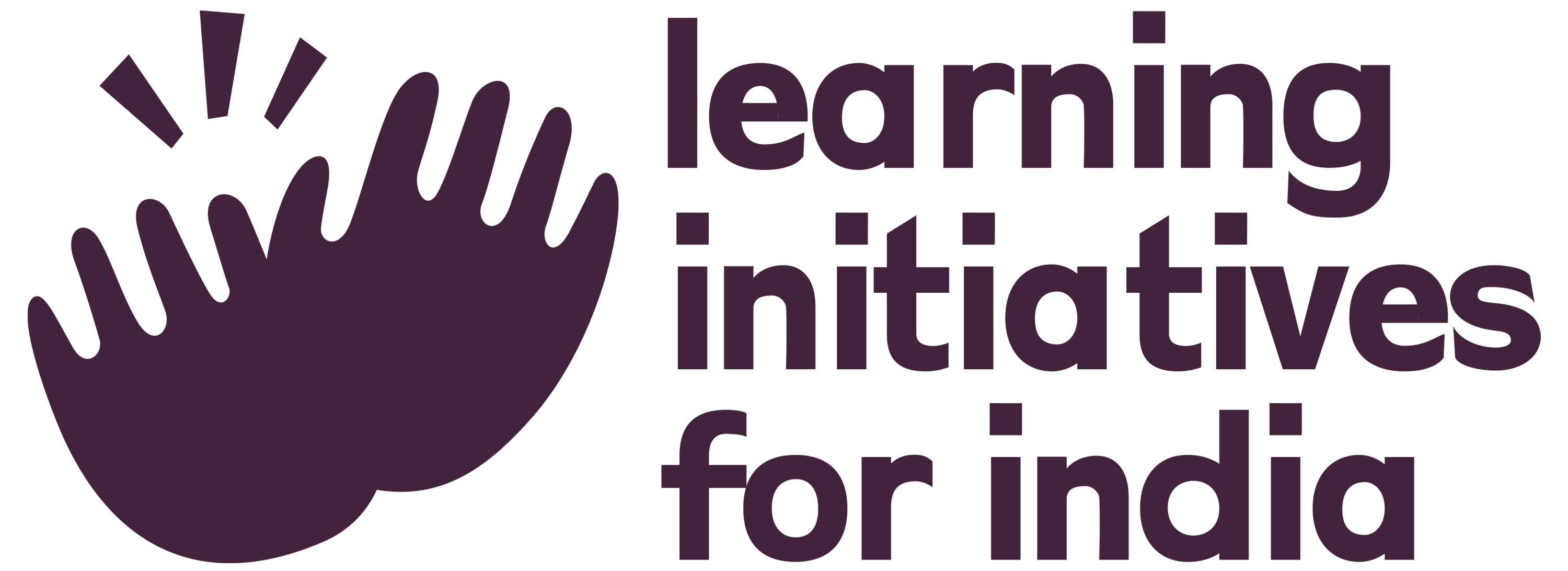Our Story

Rationale behind setting up the organization
In May 2020, during COVID-19, Raman met Neelam (11 years, village Purkhas Rathi, Haryana), when she was busy doing the household chores with her little hands. She should have been busy learning and laughing with her classmates in school. The pandemic had stolen her chance to continue her education and create a better life for herself. There are many children like Neelam who are left in the lurch as they are ‘almost’ pushed out of schools and deprived of the opportunities that a quality education offers.
Raman’s journey from 2018 till starting LIFI (2020) is full of learning and challenges. He designed curricula to mainstream out of school children (OoSC) to formal schools and mentored 70 community teachers via TAP India Foundation. They had mainstreamed 1200 of the 2000 OoSC we were working with. Unfortunately, they lost touch with many of them. They migrated back to their native states during the pandemic, leaving us with utter chaos in our minds.
The journey from a driven School Principal wanting all children in schools; designing programs for OoSC and those programs failing miserably due to COVID-19, motivates Raman to work with them with a more holistic approach. The complex problem of OoSC requires a comprehensive solution. Our team is determined towards creating a movement that ensures a lifelong learning path for them.
Problem Statement
As of today, 150 million children (one in three) are pushed out of the education system in India, denying them access to basic rights. The major barriers children face just to be in school are poverty, child labour, disabilities, civil strife, lack of infrastructure, reverse migration, harmful gender norms, and discrimination.
There is a huge gap in the awareness among marginalized communities and implementation of Government policies meant to ensure that children irrespective of their socio-economic backgrounds, caste, genders and abilities get access to equal educational opportunities.
COVID -19 has added to the inequity as nationally there is a 7% dip in the learning levels of children posing serious threat to their educational continuity.


Solution
LIFI has a three-way focus to ensure they are one step closer to their vision:
- Access to Education: The focus here is to bridge the learning gap of children who are out of the education system or at risk of dropout and prepare them to be a part of the formal educational pathways (regular schools, open schools, vocational training institutes). This is done through teaching Hindi, Math, and English to the children in community centers or Government schools. The curriculum and pedagogy is especially designed to suit the pace of children and they get a hands-on experience of the topics being taught. The classes are held 5 days a week and are a mix of academic and extracurricular sessions.
- Mainstreaming the children who are out of the education system or at risk to dropout: The focus here is to bring back the children in the formal educational pathways available to them as per their interests. This involves liasoning with the government schools, updating the documents required for admissions, encouraging the parents to trust in the process of formal education and involving the community in becoming the champions to drive the enrolment of children in the educational pathways.
- Retention of children: The focus here is to retain the children in their chosen educational pathways. This means that they should feel supported at their place of learning and see the positive outcomes of their decision to be back in formal education. This involves LIFI’s team training the teachers of government schools in effective pedagogy and curriculum and activating the SMC so the community shares ownership in the school’s success.
We achieve this through two key programs:
- LeAD UR India Fellowship (Leadership and Development in Urban and Rural): LIFI works with local community youth called Community Teacher Champions (CTCs) from marginalized communities. These CTCs participate in a paid two-year program and work in community and/or government schools to enable the mainstreaming and retention of children pushed out of the education system. Through this Fellowship, LIFI also partners with existing non-profit organizations working with children for their education to extend its impact and create a supportive network for children nationwide.
- Collaborate to Change: LIFI serves as a technical partner for other non-profit organizations, assisting in curriculum design and teacher capacity-building.
Annual Report 2022 – 2023 is here.
